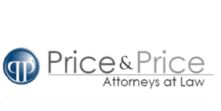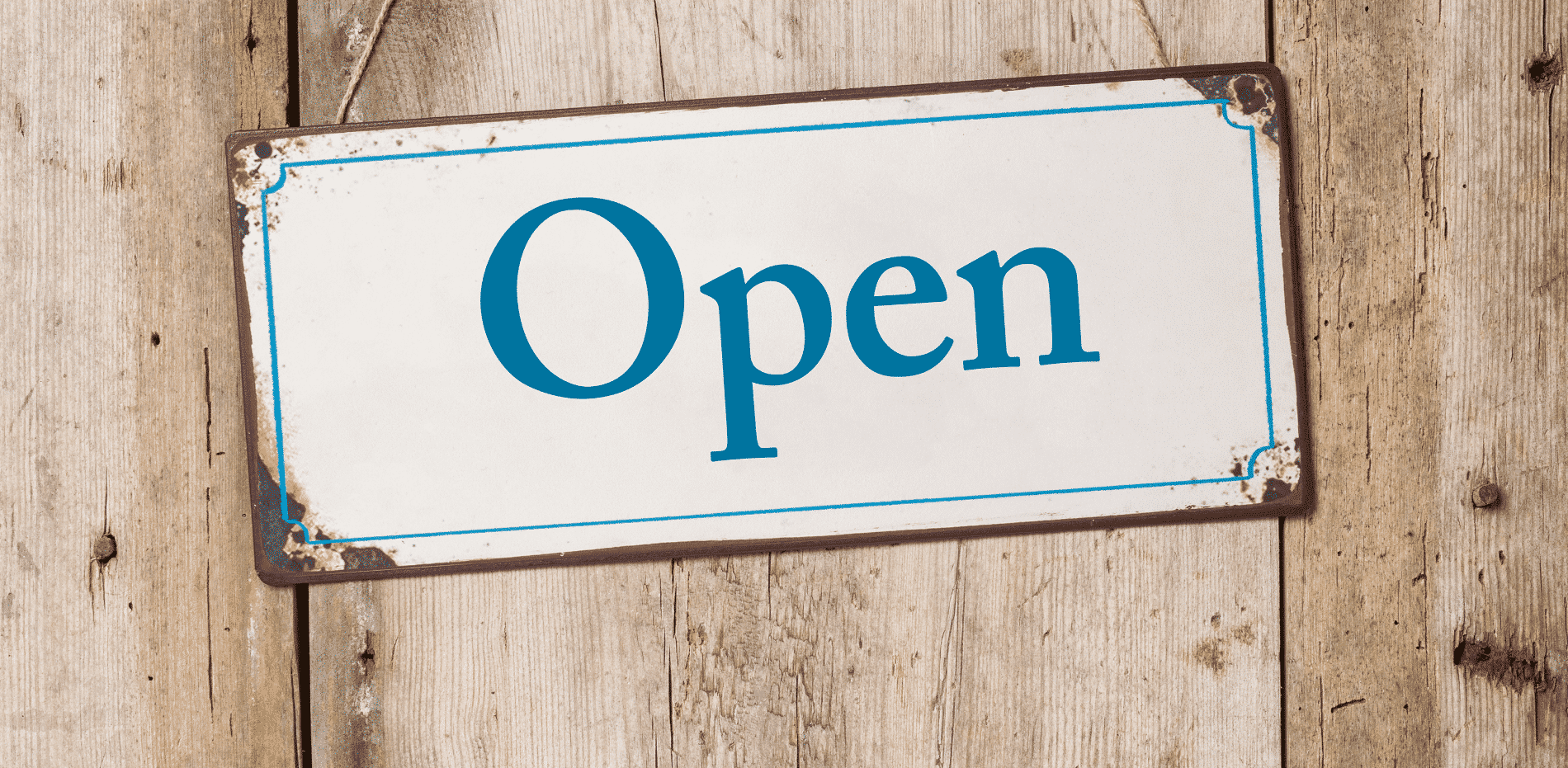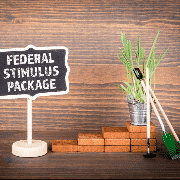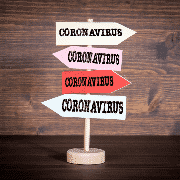COVID-19 and Bankruptcy
At Price and Price, we understand financial hardship can be unexpected and can happen to anyone.
Many people unfamiliar with the bankruptcy process have the misconception that financial problems are the result of poor planning or overspending. As bankruptcy attorneys, we know financial hardship is the result of an extreme life event outside of one’s control; such as a job loss, divorce, medical emergency or business closure.
Since we have all been affected by COVID-19, we are all experiencing extreme life changes. Below, we will describe some of the resources which may be available to those who are seeking bankruptcy assistance. Although we hope this website is informative, it is not a substitute for bankruptcy counsel. If you are in the Dallas area, you may contact us for your Free Consultation by emailing us here.
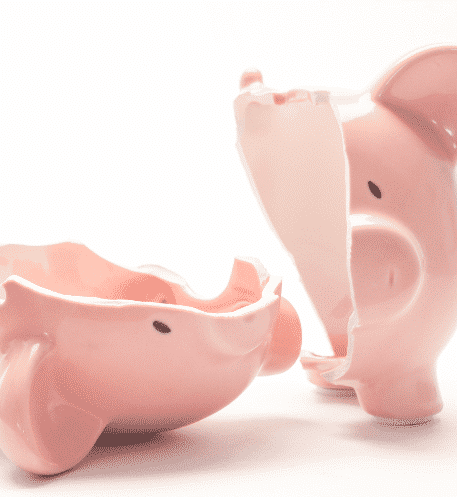
Due to COVID-19, many individuals and families are finding themselves in financial difficulty. For some, bankruptcy may be a solution.
Job Loss
COVID-19 has brought financial hardship to many families and individuals. Millions of people have lost jobs. Even before the outbreak, the cost of living was rising, and many people were living paycheck to paycheck. Although the federal government has increased and extended unemployment compensation, it may not be enough for high wage earners or for workers who do not qualify for state unemployment benefits. This leaves many people with a financial shortfall and unable to pay bills.
Debt
To pay bills in the short-term, many people will incur debt such as credit card debt, and miss mortgage payments. For instance, to weather the COVID-19 crisis, people may need to use their credit cards to pay for groceries and utilities. In other cases, homeowners may be unable to pay mortgage payments. Under the CARES Act, a homeowner with a federally backed mortgage may request a 6-month forbearance with an additional 6-month extension, if needed. At the end of the forbearance, the forborne account is to be brought current by one of several means, including a lump sum payment or mortgage loan modification. For homeowners without federally backed mortgages, lenders are typically offering less generous terms and are generally allowing a 3-month forbearance with a lump sum payment at the end of the forbearance term. If a struggling family has not recovered financially and cannot repay the forborne account under the terms of the forbearance agreement, the mortgage is in default.
Inability to Repay
Many people worry about what happens when a debt is unpaid or when a person can’t pay a debt. It depends on several factors including the type of debt that is owed and the state where you live. For instance, if you owe the IRS, child support and sometimes student loans; in Texas, these lenders have the ability to garnish your wages. Potentially, but rarely, a person can also go to jail as a result of a debt owed to the IRS or for child support. Clients are often threatened with arrest warrants from payday lenders and wonder if payday lenders can arrest a person for unpaid loans. Payday lenders in Texas cannot send a person to jail as a result of the unpaid debt, but the District Attorney may prosecute you if you wrote a hot check. In North Texas, the District Attorneys typically decline to prosecute due to hot checks made out to payday lenders. In Texas, if you are sued on a debt and you receive a judgment against you; for instance, your credit card company sues you for failure to pay, your credit card lender can use the judgment to garnish your checking account. Although your wages are deposited into your checking account; this is not the same as garnishing your wages, and thus allowed under Texas law. If you fail to pay a secured debt, such as your mortgage or car loan, the lender can repossess or foreclose upon the property. So, for instance, if you made a forbearance agreement with your mortgage or vehicle lender and you are unable to repay at the end of the forbearance term, your lender can repossess or foreclose upon the property. For right now, it is most important to ensure you and your family are healthy and safe. However, just as large corporations make plans and decisions based on the debts and obligations they will and will not pay, families and individuals managing a financial shortfall should do the same. On the other hand, even though bankruptcy is incredibly powerful, it is a tool which must be used before the worst happens to maximize asset protection. If a home foreclosure has already occurred, or your bank has already followed a garnishment order; according to the laws and previous rulings in Texas, bankruptcy could help stop other lenders from taking action against you, but you will not be able to regain title to a foreclosed home and it will be extremely difficult; if not impossible, to regain funds which have been sent to another institution.
How Bankruptcy May Help
Bankruptcy can help consumers protect assets and also prevent creditor collection efforts. Individuals and families can protect assets from the reach of their creditors because of bankruptcy exemptions. During the case, the Automatic Stay protects you from your creditors and after the case the Discharge Order prevents your creditors from collection attempts. See our Bankruptcy Frequently Asked Questions Page here. How bankruptcy may help each individual or family is very nuanced, but we can provide simple and general examples. For instance, the family who incurred significant credit card debt as a result of the COVID-19 crisis may benefit from Chapter 7 Bankruptcy because this family may be able to discharge the credit debt in a Chapter 7 Bankruptcy. Chapter 7 Bankruptcy is beneficial when a client has mostly unsecured debt, is current on the secured debt they want to retain and has not filed another Chapter 7 in the last 8 years. A Chapter 7 is also known as a liquidation bankruptcy because non-exempt assets are sold for the benefit of creditors. Luckily, most consumer clients do not possess non-exempt assets. This means the Chapter 7 process is relatively short, typically lasting 3 to 5 months. Once the Chapter 7 is complete, the client’s dischargeable debts are discharged and the client continues making payments on long-term debts, like student loans and child support, and the secured debts they want to keep. For more information about Chapter 7 click here.
On the other hand, the family who fell behind on mortgage payments could benefit from a Chapter 13 Bankruptcy because Chapter 13 offers this family a means to catch up the mortgage arrears over a 3 to 5-year term. A Chapter 13 Bankruptcy is also known as a consumer reorganization or a wage-earners’ bankruptcy. This is because the client enters into a plan to make regular payments to repay debts. Only certain debts must be repaid via the Chapter 13 Plan. For instance, if you owe the IRS or child support, those debts will be included in your plan. In addition, you may also include secured debts in your plan such as vehicles and mortgage arrears. However, if your budget does not allow or there are no other factors in your case such as non-exeempt assets or windfall income, your plan payment may not include credit card debt and your credit card debt will be fully discharged. If we use our previous example of the forborne mortgage payments, instead of paying in a lump sum, the client could extend the payments over a 3 to 5-year term. If you are eligible for bankruptcy, your mortgage lender may not continue to collect the forborne payments outside of bankruptcy due to the Automatic Stay. Once your bankruptcy plan confirms, your lender is bound by the terms of the Chapter 13 Plan because the Confirmation Order is a Court Order. This means your lender must accept the forborne payments over the 3 to 5-year plan instead of commanding a lump sum. For more information about Chapter 13 click here.

Due to COVID-19, many small businesses will close and some will not be able to recover. For some small businesses, bankruptcy could help.
Business Closure
As a result of the COVID-19 outbreak, many small businesses will have closed. Even with parts of the economy reopening, some small business may find they are unable to operate as before and other small businesses may be unable to continue operations at all. For small business owners with debt, bankruptcy may be a solution.
Business Loans and Business Debt
Small business debt comes in many forms. Some small businesses have their own credit and are not personally liable for the business debt. However, other small business owners have made personal guarantees on business debt. A personal guarantee can take many forms. It may be as simple as a credit card the business owner has in their own name but uses for the business, but personal liability on business debt could be extensive. For instance, if you were given an SBA loan outside of the CARES Act, you likely signed a personal guarantee. If you are a franchisee, you may have also signed a personal guarantee. If the business owes taxes, the government is likely to come after the business owners for payment. Business owners may also have personal liability if they are sued personally for acts by the business and found to be liable. Whether the business is liable for the debts or whether the business owner is liable for the debts is very important. This is because when a business owner is facing financial difficulty, the business owner will want to consider whether the business should file bankruptcy, whether the business owner should file bankruptcy, or both.
Inability to Repay Small Business Debt
When a business owner is unable to repay debts, the business owner may lose access to the business and business assets. For example, when a business owner is unable to pay rent, the landlord can lock the doors. This means the work the business owner needs to complete to receive payment from customers is inaccessible. Inability to access rental property is especially worrisome because some business owners keep and maintain confidential customer information. Other business owners lease equipment or have outfitted their property with their own fixtures. When they are locked out of their workspaces, the equipment and fixtures are no longer available for use. Physical assets are not the only assets businesses will find at risk if creditors are closing in for non-payment. The government can take over a business’ bank accounts. Worse, if a court has ordered a receivership, the receiver can collect all the money from the cash registers as it comes in. Because business owners have so much to lose, rumors of a business bankruptcy often circulate long before a business files bankruptcy. It is important business owners plan ahead as much as possible.
How Bankruptcy Could Help
A bankruptcy can help both businesses and business owners. A business owner who meets the debt limit could file a chapter 13 and continue to operate the business. This is common for truckers who own their own rigs; for instance, and small business owners who have lots of their own debt, but are also shareholders of a corporation. For business owners who want to reorganize, the chapter 13 fees are much cheaper than a chapter 11 or the new subchapter V. For more information about chapter 13, click here. However, for some business owners; reorganization is not feasible. In that case, chapter 7 could be a better option because chapter 7 allows Debtors with 51% business debt to file a chapter 7 even if they otherwise make too much money to qualify for a chapter 7. Many business owners who want to liquidate choose this option because the closure of their business was sudden, and their income was previously high. For more information about chapter 7, click here.
CARES Act and the Bankruptcy Code
CARES Act
Congress has used the CARES Act to assist Debtors in Bankruptcy and to make it easier for potential Debtors to qualify for Bankruptcy
Congress has used the CARES Act to assist Chapter 13 Debtors in Bankruptcy by giving Chapter 13 Debtors with confirmed Chapter 13 plans the opportunity to modify their plans and extend their plans by two years. This means Chapter 13 Debtors with a confirmed plan who have been affected by COVID-19 may have the option of paying creditors over a 7-year term rather than a 5-year term. This is very helpful because this will help Debtors already in a Chapter 13 plan lower their Chapter 13 plan payments.
Congress has also used the CARES Act to make it easier for certain Debtors to qualify for bankruptcy. Congress has used the CARES Act to exclude stimulus payments from the Means Test which could help high income Debtors qualify for Chapter 7. In addition, Congress has increased the debt limit for small business Debtors. It is important to note that all of the changes Congress has made to the Bankruptcy Code under the Cares Act have a Sunset Provision. This means the new code sections will cease to be in effect 1 year after the date of enactment, which is 3/27/2021.
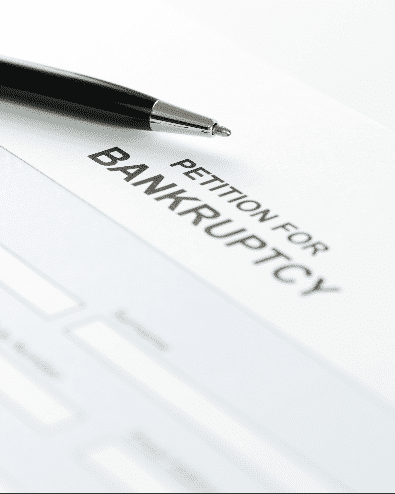
CARES Act and Bankruptcy
Bankruptcy Meetings and Bankruptcy Court Appearances during COVID-19
Not only is Price and Price able to conduct Internet and phone appointments, but the United States Trustee and the Bankruptcy Court have made many accommodations to keep you safe. Click each topic to learn more.
Meeting with Price and Price
At Price and Price, we are able to conduct Internet and phone appointments. Our office is fully automated so we can continue our work from home during the COVID-19 outbreak. Sadly, our building manager has furloughed the receptionists. We hope this is temporary; but for the time being, when you call our office, you will need to leave a voicemail message at 214-696-9601 and we will call you back. We also use email. If you would like to send us an email, you can do so here. Generally, we respond to email messages within a few hours. In addition, we correspond by text message with our clients.
Meeting with the Bankruptcy Trustee
The United States Trustee has posted its policy regarding Meetings of Creditors here. For the time being, bankruptcy meetings, also known as Meetings of Creditors or Section 341 Meetings, are to be conducted through means not requiting in-person attendance. In Dallas, Chapter 13 Meetings of Creditors are being held via ZOOM and Chapter 7 Meetings of Creditors are being held telephonically.
Meeting with the Bankruptcy Judge
The Bankruptcy Judges in the Northern District of Texas, which includes Dallas, have made several accommodations to limit in-person appearances. The Chief Judge has signed an Order temporarily suspending the “wet-signature” requirement which you can read here. The Chief Judge has also signed an Order which allows video and telephone hearings in certain circumstances, which you can read here.
Contact us for your free consultation
Phone
Phone: 214-696-9601
